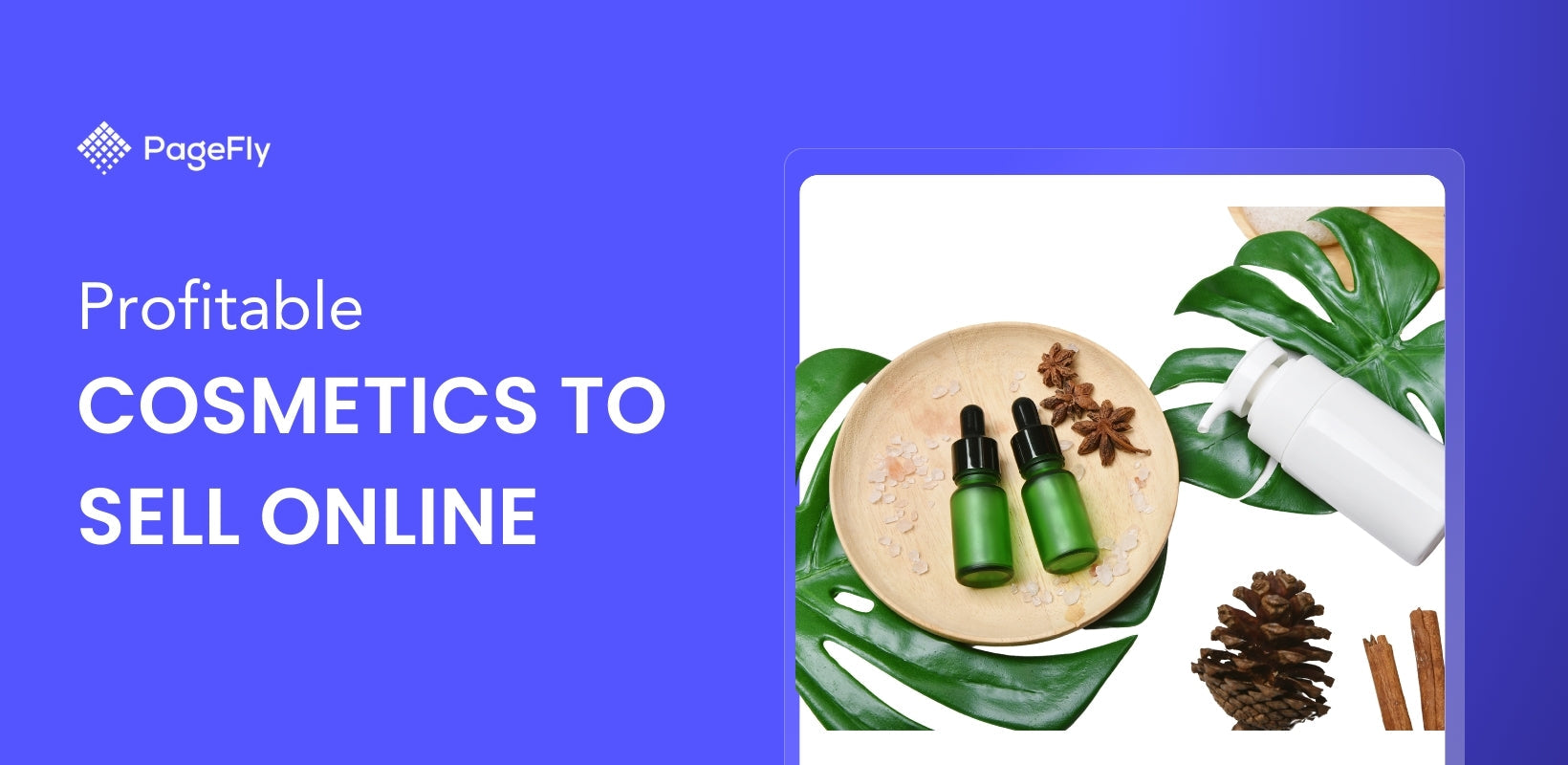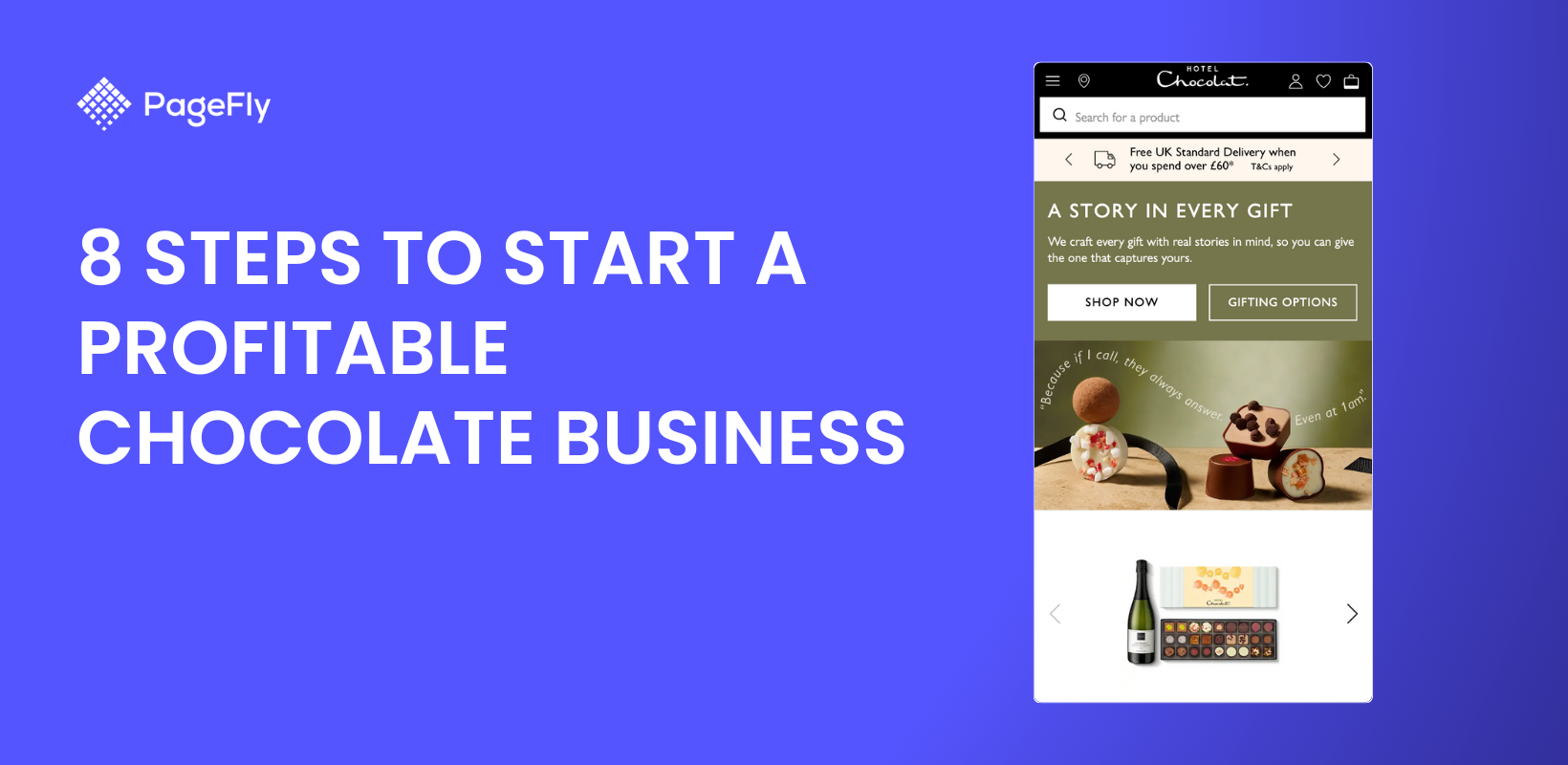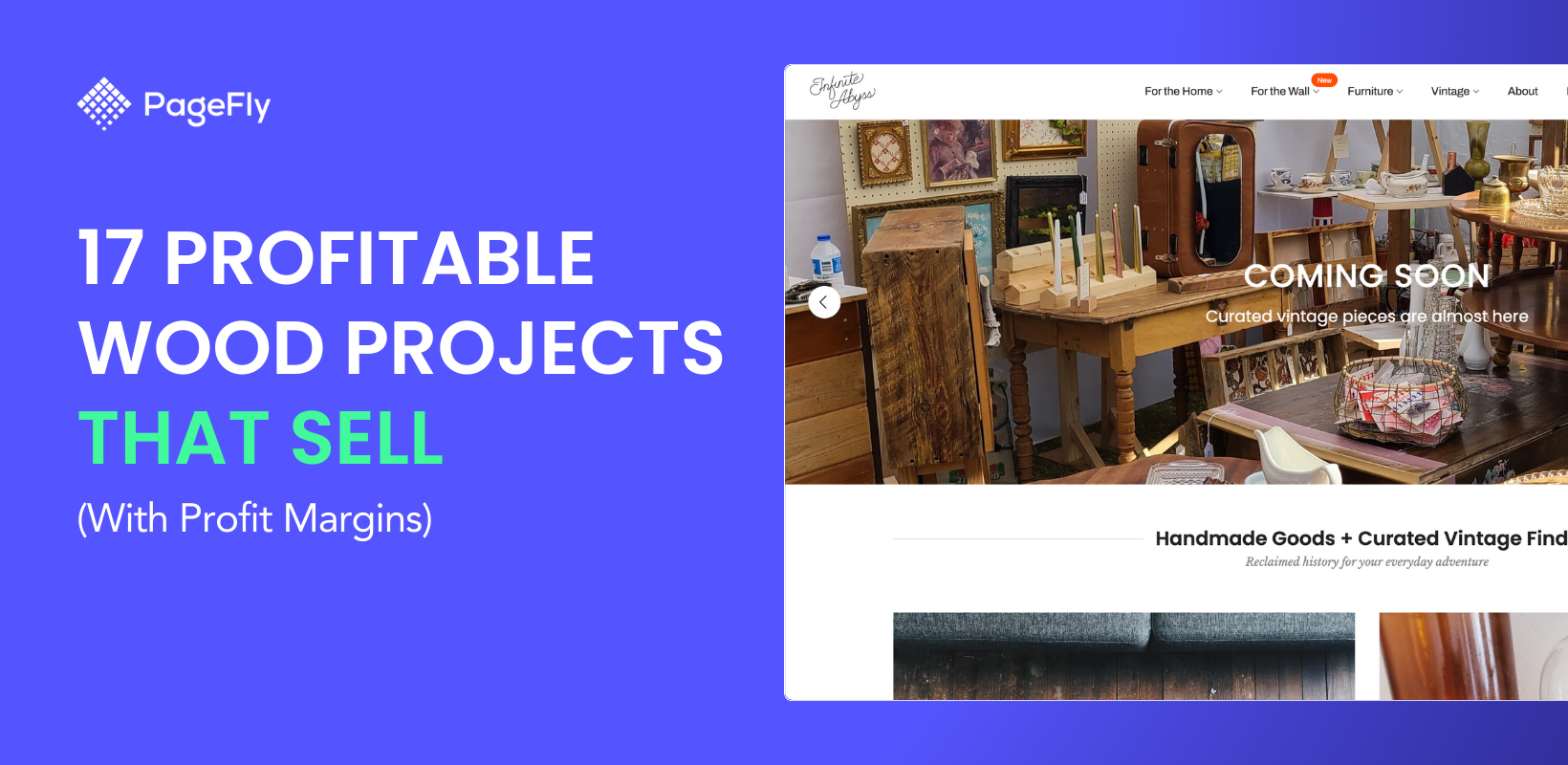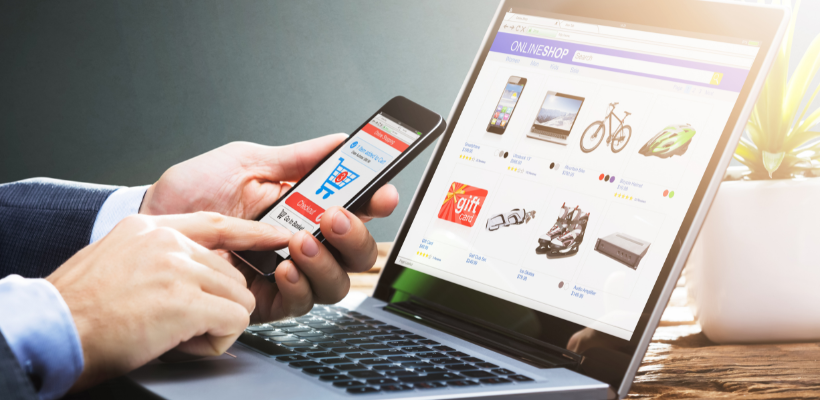International Coffee Day is coming!
The increased demand for online coffee retailers has created a special opportunity, whether you're a café owner looking to make the switch to online sales or a newcomer to the coffee business.
Whatever the case, opening your own online coffee shop can be a fantastic business opportunity. 79% of Americans drink coffee every day, and since the pandemic began, more coffee is being produced than ever, according to the Statista survey.
So how can you break into this booming market? Let’s look at how to start your coffee business and sell coffee online.
Outline
- Overview of the Growing Coffee Industry
- Start an Online Coffee Business in 8 Steps
- Understand Your Target Market
- Find Your Niche
- Decide What Types of Coffee Products You Want to Sell
- Choose Your Business Model
- Find Your Suppliers
- Develop Your Brand
- Create Online Presence
- Promote Your Coffee Business
- Top 5 Successful Online Coffee Stores to Learn From
- Conclusion
Overview of the Growing Coffee Industry
Revenue in the Coffee market amounts to US$11.00bn in 2023. The market is expected to grow annually by 3.21% (CAGR 2023-2028).
In global comparison, most revenue is generated in the United States (US$11,000.00m in 2023).
America's population drinks 400 million cups of coffee every day.
This statistic below shows coffee production worldwide in 2020, by country. In that year, Brazil produced some 69 million 60-kilogram bags of coffee. Vietnam came in second, with about 29 million 60-kilogram bags of coffee.

Selling Coffee Online Statistics
Grand View Research predicts that by 2028, sales of coffee online will be worth $45.81 billion worldwide. According to a study by Food Dive, US consumers spent nearly $1.8 billion on coffee through e-commerce channels in 2020 alone, a 144% increase from 2014 levels.
According to a study by Fortune Business Insights titled Online Coffee Market Report 2021: Market Is Projected To Reach A Value of $45.81 Billion By 2028, the growth rate for this market is predicted to be 9.9%, while single cup coffees account for 25% of all purchases. According to Statista, Starbucks accounted for 40% of US online coffee sales in 2019.
Starbucks is the company that sells the most products, with Costa Coffee coming in a fairly distant second.
Starbucks: online ordering and delivery

Consumers today want their favorite Starbucks products delivered to their homes in addition to enjoying them in-store. Starbucks and numerous other businesses have started developing their online ordering and delivery systems in anticipation of the estimated 300 billion US dollars in global revenue for the online meal delivery market in 2022. The coffee shop chain also created the Starbucks app, which allows customers to pre-order items and pay before picking them up. During the coronavirus (COVID-19) pandemic, when people were unable to order in-store due to lockdown and social distance measures, this online market became especially crucial.
Start an Online Coffee Business in 8 Steps
1. Understand Your Target Market
As an online coffee brand, you will primarily serve two types of clients: retail customers and small businesses or nearby coffee shops. Before deciding what kind of coffee your brand will sell, it is important to understand your target audience because each group has very different needs in a coffee provider. While busy restaurants might prefer pre-portioned ground coffee for quick and consistent brewing, cafes might prefer to purchase larger bags of whole beans so they can grind them fresh daily. Individual shoppers will probably look for bags of whole or ground coffee beans for home use or single-serve capsules.
2. Find Your Niche
The best strategy for reducing your customer base is frequently to select a niche market for your coffee brand. You can concentrate your efforts on one particular group of coffee drinkers rather than attempting to make coffee that will appeal to everyone. Using this tactic, you can target your customer base with specific coffee flavor profiles, marketing campaigns, and company branding.
- Google searches and suggestions: Try to determine various approaches, trends, and weak points of current competitors by trial and error. Google's suggested searches may contain hints as to where to look.
- Mind maps: Visual representations of how words, ideas, and other concepts are organized around a core concept.
- Keyword research: Sifting through keyword results can offer suggestions for niches related to a given search term and assist in determining whether there is a market for those niches.
- Online communities. Exploring industry message boards, subreddits, and social media accounts may be a great way to find a niche since people online often gather around shared interests.
Some of the popular niche ideas are:
- Cold Brew Coffee Making: Cold brewing coffee does not mean you have to drink it cold. It is another process of coffee brewing that creates a coffee extract. You can also create hot coffee drinks as well. Many coffee drinkers seek out cold brew coffee makers to make their cold brew at home.
- Coffee Roasting at Home: There are all types of home coffee roasters that you can recommend for coffee lovers.
- Coffee for Beauty: Coffee beauty products are quite popular and come in a variety of different options. Some coffee-based beauty products include: coffee body scrub, coffee body wash, coffee face mask…
- Healthy Coffee Business: Coffee does have health benefits, according to recent studies and tests, but the majority of these benefits vary depending on the brand and additives used. It has been found that some coffee brands are particularly high in antioxidants and are therefore regarded as healthy coffee. This coffee can now be promoted as a healthy brand.
- Subscription Coffee Delivery Service: There are numerous different subscription services now that specialty coffee culture is on the rise. Through your subscription service, start marketing to your customers and begin delivering freshly roasted coffee to them. The delivery service is very popular and doesn't need much capital.
3. Decide What Types of Coffee Products You Want to Sell
Selling roasted coffee beans is a given, but expanding your product line by also selling other branded items will help your company remain viable over the long term.
There are a ton of food business ideas to consider, but a few typical goods a coffee shop might decide to sell include:
- Baked goods that can be shipped, like bite-sized cakes and cookies.
- Coffee-scented products, like candles or air fresheners.
- Coffee-flavored foods, like chocolate or ice cream.
- Accessories, like coffee machines, kettles, pots, and canisters.
- Teas, hot chocolates, and other warm drinks.
- Branded coffee mugs (along with other print-on-demand products—but remember to keep your branding focused. You don’t want to turn into a t-shirt store that inexplicably dropships coffee).
The products you decide to sell are largely influenced by your branding. To that end, it's probably best to stick to products that are close to coffee if you represent a coffee brand.
With a target audience and a niche identified, you can start creating a product portfolio based on the distinctive preferences of your prospects.
4. Choose Your Business Model
Here are a few different business models to choose from.
Home roasting
Although home roasting gives you much more control over the final product, it also takes a lot more time and effort. To produce the desired flavor, you must learn how to roast beans effectively. As your order volume rises, you might also need to hire more staff to assist you. Additionally, buying specialized equipment is required for home coffee roasting, which can be pricey.
Dropshipping
Working with a dropshipping supplier makes it much simpler to launch your business. Dropshipping entails contracting with a different business to handle the packing, shipping, and storage of your goods. This allows you to distribute more of your workload, lower your overhead expenses, and have simple access to a wide range of goods.
5. Find Your Suppliers
It's crucial to know what to look out for because even if you roast your own beans, you'll still need a supplier to give you the raw materials.
What to consider when choosing a supplier:
- Quality of the product: Ask your supplier for samples
- Outstanding service: A supplier with good customer service toward you means you can provide good customer service to your customers
- Price: Consider what your customers are willing to pay
- Fast delivery: Prompt product delivery requires a supplier with quick turnaround times
6. Develop Your Brand
Given the wide variety of coffee brands, it is crucial for coffee companies to stand out. How well your branding appeals to your niche's emotions will determine your level of success.
Your target audience will recognize you right away thanks to branding, which also highlights the qualities that set your business apart. Make sure that you have:
- A memorable name: Your first major task is to give your coffee shop a name. The name you select for your company will have an effect on its branding, including its name, logo, slogan, and marketing. To come up with name suggestions, you can use a business name generator, or you could even hold focus groups.
- An eye-catching logo: A top-notch logo is necessary for effective branding. Everything, from the coffee packaging to your social media profiles, should bear your logo. Here are a few logo creators you can use to design a polished logo for your company.
- A strong brand personality: Your company's tone of voice and visual branding both contribute to the personality of your brand. The colors and shapes you use can affect how customers feel. For instance, the color red is frequently linked to ferocity and passion. In a similar vein, the language you use in your advertising and on your website will characterize you as approachable, sophisticated, creative, or playful.
7. Create Online Presence
You will need an online store whether you want to expand your brick and mortar business online or launch it from scratch.
You'll have the necessary design elements once you have a solid concept for your brand, along with colors, fonts, and a logo.
1. Start a Shopify 3-day free trial
Start your Shopify trial and choose your store name if you haven't already. You can then start setting up your online store from there.
The launch of your online coffee shop is almost complete. Of course, you need a website where you can advertise your goods and conduct business before you can go public.
Find a store builder you can trust first. Leading e-commerce platforms like Shopify provide an intuitive store builder with editable templates. Select a theme that fits your brand's image, and then modify it using Shopify's theme editor.
- Homepage
- About Us and Contact pages
- FAQ and information pages
- Blog page
Your website will serve as your storefront so it should be designed with the same consideration and care as you would as real-life coffee shops. Make a storefront that is user-friendly and appealing to ensure that visitors enjoy their time there and get a sense of your company's values.
The most crucial element of running a successful online coffee business is selecting an e-commerce platform. Your website must support a shopping cart and make it simple for customers to make payments online. Designing an e-commerce site is made simple by well-known e-commerce platforms like Shopify, BigCommerce, and SquareSpace because they offer easily customizable website designs and straightforward checkout processes.
8. Promote Your Coffee Business
It's time to let your current clients or social media audiences know you're open for business once your suppliers, branding, and store are all set up. Here are some methods:
- Email marketing: Send a message to the people on your email list. You might even consider giving subscribers a unique discount on their first purchase. Email marketing to nurture leads into repeat customers
- Social media announcements: Building anticipation for the opening of your online store through a targeted social media campaign can be very effective. Social media platforms like Instagram and TikTok
- Update local listings: Don't undervalue the effectiveness of Google searches. You can easily update all of your company's online listings through Google My Business which is free.
- Blogging: Guest blogging and content marketing to attract attention from people on search engines.
Top 5 Successful Online Coffee Stores to Learn From
1. Javy Coffee

Javy Coffee is perhaps our favorite coffee website on the list.
In addition to their coffee blends, Javy Coffee also offers a range of accessories to enhance your coffee experience such as coffee grinder, coffee maker, travel mug and more. Their subscription service allows customers to receive regular deliveries. It’s a good offer because their subscribers can save money by taking advantage of exclusive discounts and promotions.
This is an incredibly sophisticated online store built using Shopify. It makes use of very high quality product photography, a deliberately chosen color palette, and some very cleverly implemented animations.

Javy Coffee heavily emphasizes trust signals, highlighting press mentions and reviews whenever possible, as you can see when browsing the store.

Additionally, the product pages are especially impressive because they have scrolling sections that highlight the features of the products and also include videos and customer reviews.

It should come as no surprise that the online store had a whole page devoted to posting reviews and endorsements. Each page follows a different template, but they are all constructed using a nice, gentle color scheme. The layouts make extensive use of thin, evenly spaced borders.
2. Hot and Cool Cafe

There's a lot to like about Hot and Cool Cafe's online store.
With its large images and obvious calls to action, the layout has impact.
The amount of white space and entertaining animations really demonstrate how creatively you can design a coffee website.
The website's ability to serve only as a channel for their physical location (even though they provide pickup and delivery) rather than as a fully functional eCommerce store is what makes it so impressive.
They do a fantastic job of using their image assets, fonts, and animations to stand out given the purpose of the page.
3. Onyx Coffee Lab

Onyx Coffee Lab appears to offer something very different. They roast and ship coffees every weekday utilizing solar energy from the roof of their facility. Each coffee they have is accompanied by its pricing and trade data, meaning their customers can see what they paid for it, what it scored at, who they bought it from, and other details right on its product page.
Their online store is amazingly created with Shopify platform. Although the full page video background tends to slow down performance, it has the advantage of making their online coffee store stand out from many others.
This layout is an excellent example of how an online coffee store might be designed where the focus is less on using the online store to sell coffee with high conversion rates and low friction and more on using it to leave a lasting and memorable impression on the end user.
Even the product page is made to catch your eye when you do look to buy coffee or a product related to coffee from the page:

There are, of course, some costs associated with this decision. When you consider that customers are seeking information that will make them feel good about making a purchase at this stage of their customer journey, the product page design can actually be a little distracting.
On the other hand, the design still has that "wow" factor and, as a result, makes a strong impression on visitors to this coffee online store.
4. Roaster's Pack

Roaster’s Pack’s goal is to take you on a coffee adventure and guide you through the delicious world of specialty coffee and craft roasters like a coffee tour.
The coffee online store made with Shopify for Roaster's Pack coffee is particularly intriguing because it was designed to function like many other eCommerce stores rather than to resemble a coffee shop.
Everything about their coffee online store, from the font choices to the overall layout, seems to convey value. The features they list make it clear that they are selling a high quality product with a customer centric mindset, even though they are not necessarily a "premium" coffee offering.
For those customers who are unsure of what coffee to buy, they also provide a step-by-step wizard, for example:

You can feel confident about making a purchase or continuing your subscription by following the instructions on the page as you choose your roast type, grind type, and quantity.
Additionally, they use a Shopify App named Skio Subscriptions to sell subscriptions easily.
5. Fried Hats Coffee

Fried Hats coffee online business is certainly unique.
Their online store was also created with Shopify platform. Each element on the online coffee store is identified with thick borders, which is an uncommon design choice, and the shopping page uses specific font types.
They rarely use animations, but when they do, it's for a significant effect (like when the user hovers their mouse over the logo).
The online coffee store has the benefit of loading extremely quickly despite having relatively straightforward features and functions.
Overall, this coffee online store's design might not be appropriate for every brand, but as long as it supports a recurring theme in the way the brand presents itself, it functions satisfactorily.
Conclusion
One of the most popular beverages in the world is coffee. Opening your own online coffee shop is an enriching experience for any coffee lover, whether you're a seasoned café owner looking to make the switch to online sales or completely new to the industry.
Although building an iconic brand from scratch is never simple, you are more than capable of doing so if you have the right tools and a solid understanding of the difficulties you'll encounter.
Since coffee plays such a significant role in so many people's lives, it stands to reason that opening your own online coffee shop could be a successful and rewarding business idea.




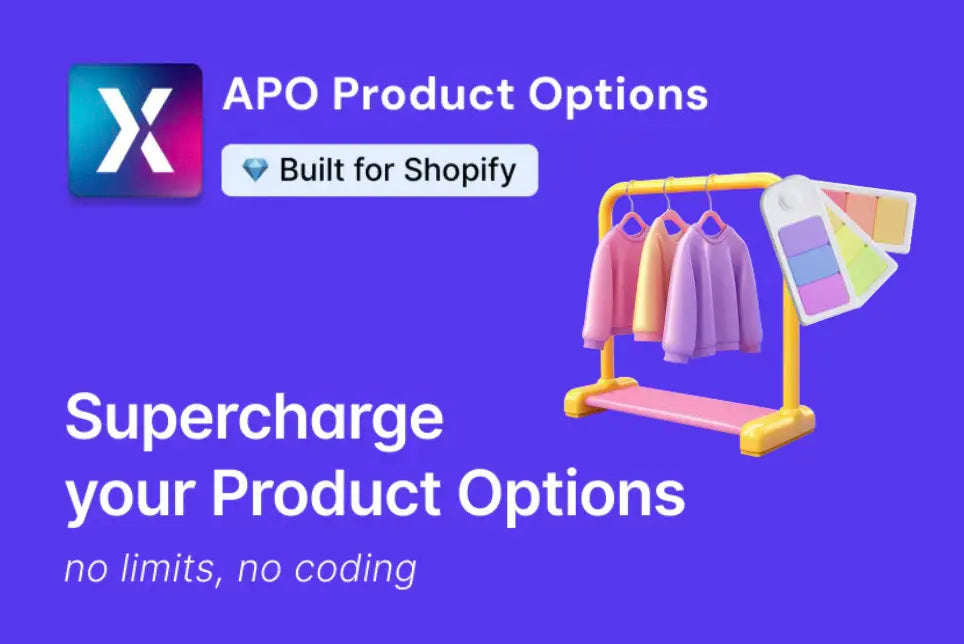


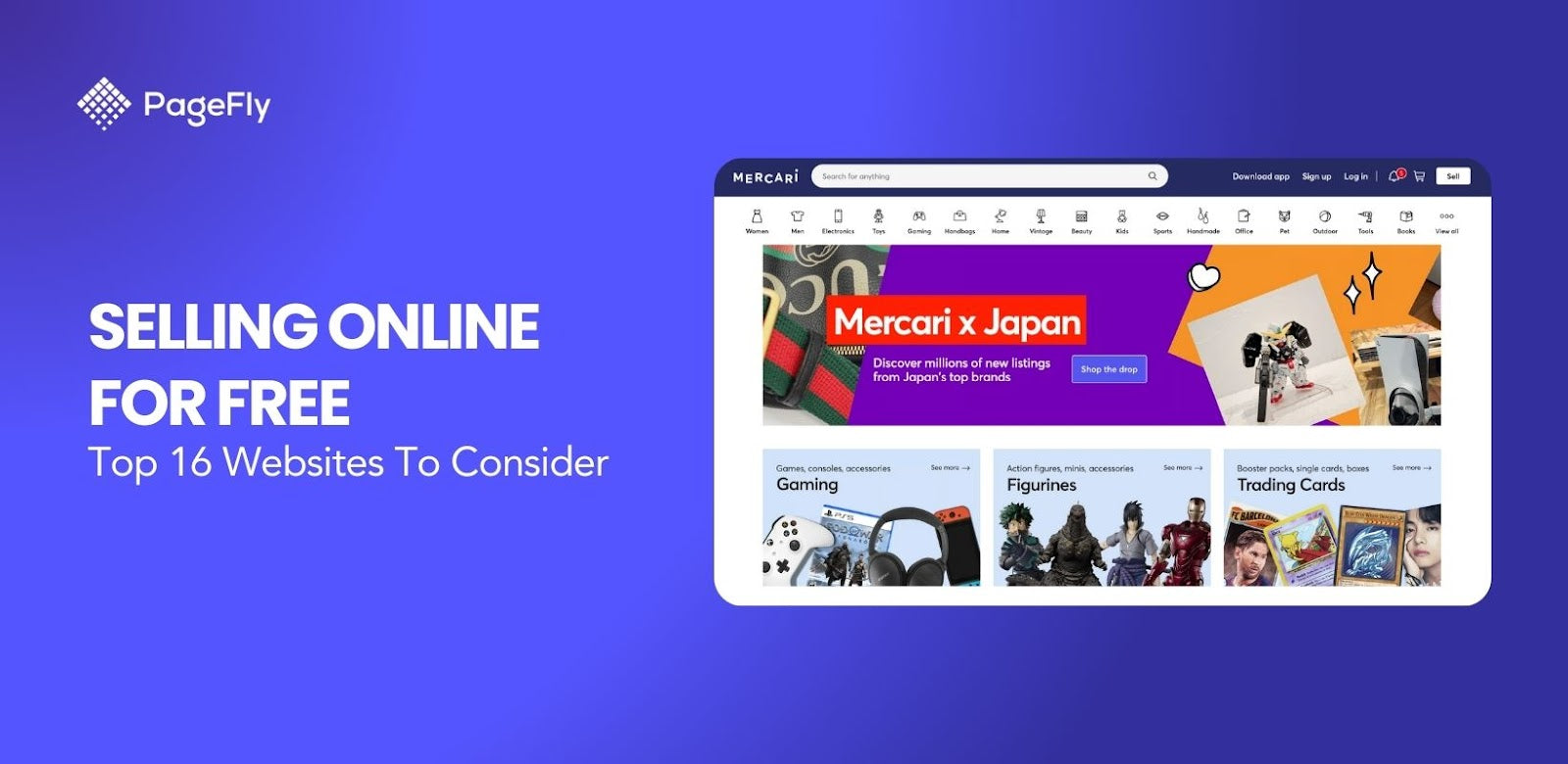
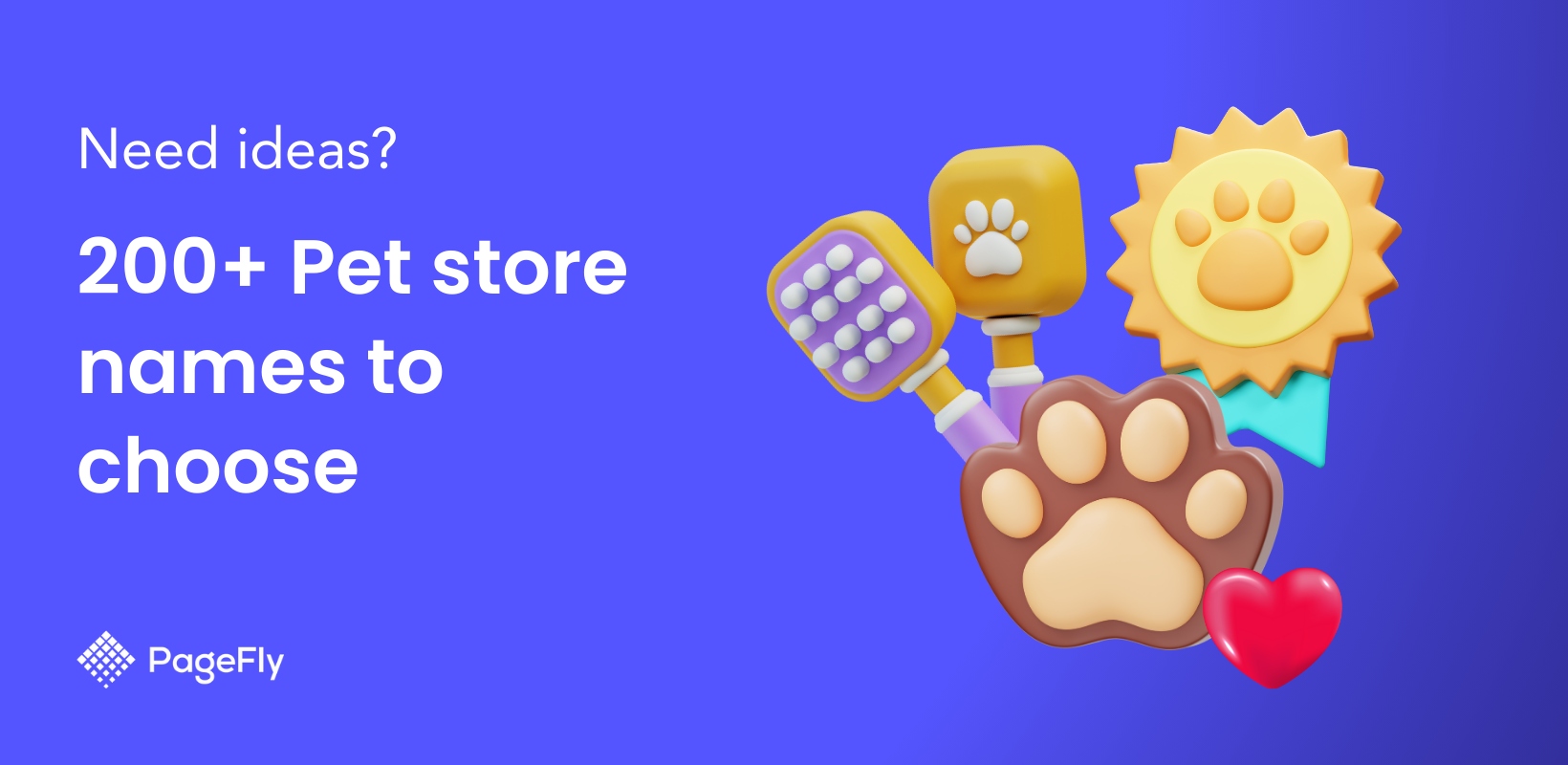
![14 Profitable Small Food Business Ideas for 2025 [Real Numbers]](http://pagefly.io/cdn/shop/articles/1_58b587d2-13db-4aa6-8c19-e40f5c88d3eb.jpg?v=1758255771&width=4460)
![Art Business Names: 350+ Ideas + Free Generator [2025 Updated]](http://pagefly.io/cdn/shop/articles/art_business_name_e94a54e9-d325-4ba3-94ab-7b4297952312.png?v=1760062968&width=1640)
